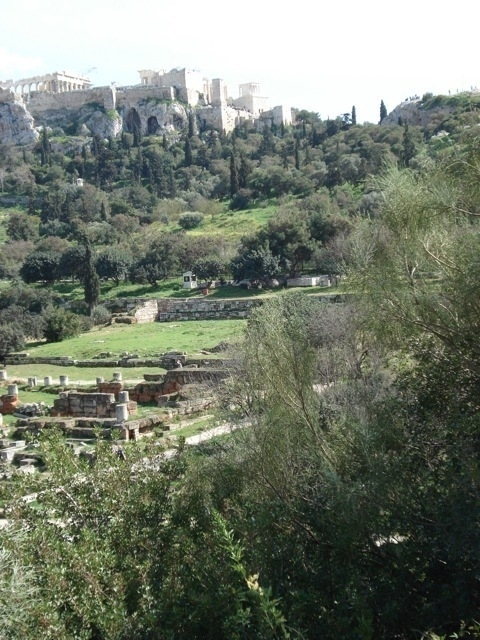Diogenes Laertius
∞
Happy Praise
I recently read this line in the Book of Common Prayer, in the BCP's translation of the Phos Hilaron prayer. The Phos Hilaron is one of the oldest Christian hymns:
I'm preparing a scholarly article on St Paul's response to Epicurean philosophy, one I hope to publish soon. For now, I will summarize one of its points: Christians and Epicureans disagree about the imperturbability of the divine (Christians disagree among themselves about this as well) but they agree that if something can't be praised with gladness at least sometimes, then it's probably not worth praising at all.
This is not just abstract philosophy or theology; it matters for all of life. We are all always engaged in worship, as David Foster Wallace once said. We don't get much choice about that. We do have a choice about what we worship - what we ascribe worth to. We do that all the time when we vote, when we spend and invest our money, when we decide what our laws should be and what our children should learn. We constantly make decisions about ends that should be pursued, and these are all acts of worship.
** Diogenes Laertius, 10.139; from The Epicurus Reader, Brad Inwood and Lloyd Gerson, translators. (Indianapolis: Hackett, 1994) p. 32.
"Thou art worthy at all times to be praised by happy voices, O Son of God, O Giver of Life..."It needn't be translated that way, by the way. It could be translated as "reverent voices" or "opportune voices." I like this translation, though. The sentiment is positively Epicurean. Consider the opening line of Epicurus's Kuriai Doxai*:
"What is blessed and indestructible has no troubles itself, nor does it give trouble to anyone else..."**In Epicurus's view, a god that is petulant or demanding is a god that is needy and manipulative. Such gods may force us to make sacrifices, but they won't earn our praise so much as our derision and scorn. A god worthy of the name is one that needs and demands nothing for itself.
I'm preparing a scholarly article on St Paul's response to Epicurean philosophy, one I hope to publish soon. For now, I will summarize one of its points: Christians and Epicureans disagree about the imperturbability of the divine (Christians disagree among themselves about this as well) but they agree that if something can't be praised with gladness at least sometimes, then it's probably not worth praising at all.
This is not just abstract philosophy or theology; it matters for all of life. We are all always engaged in worship, as David Foster Wallace once said. We don't get much choice about that. We do have a choice about what we worship - what we ascribe worth to. We do that all the time when we vote, when we spend and invest our money, when we decide what our laws should be and what our children should learn. We constantly make decisions about ends that should be pursued, and these are all acts of worship.
*****
* We usually translate this "Principal Doctrines." The word "kuriai" or "kurios" means "principal" and has the same breadth of resonances and meanings as that word: princely, first and foremost, primary, authoritative. The word "doxai" or "doxa" has a similar breadth of meanings, ranging from opinion or estimation to reputation and even glory. The Epicurean title kuriai doxai would have sounded familiar to early Greek-speaking Christians, for whom it would have sounded like "Lordly glories." The familiar prayer Kyrie eleison is related to the word kurios or kyrios. ** Diogenes Laertius, 10.139; from The Epicurus Reader, Brad Inwood and Lloyd Gerson, translators. (Indianapolis: Hackett, 1994) p. 32.
